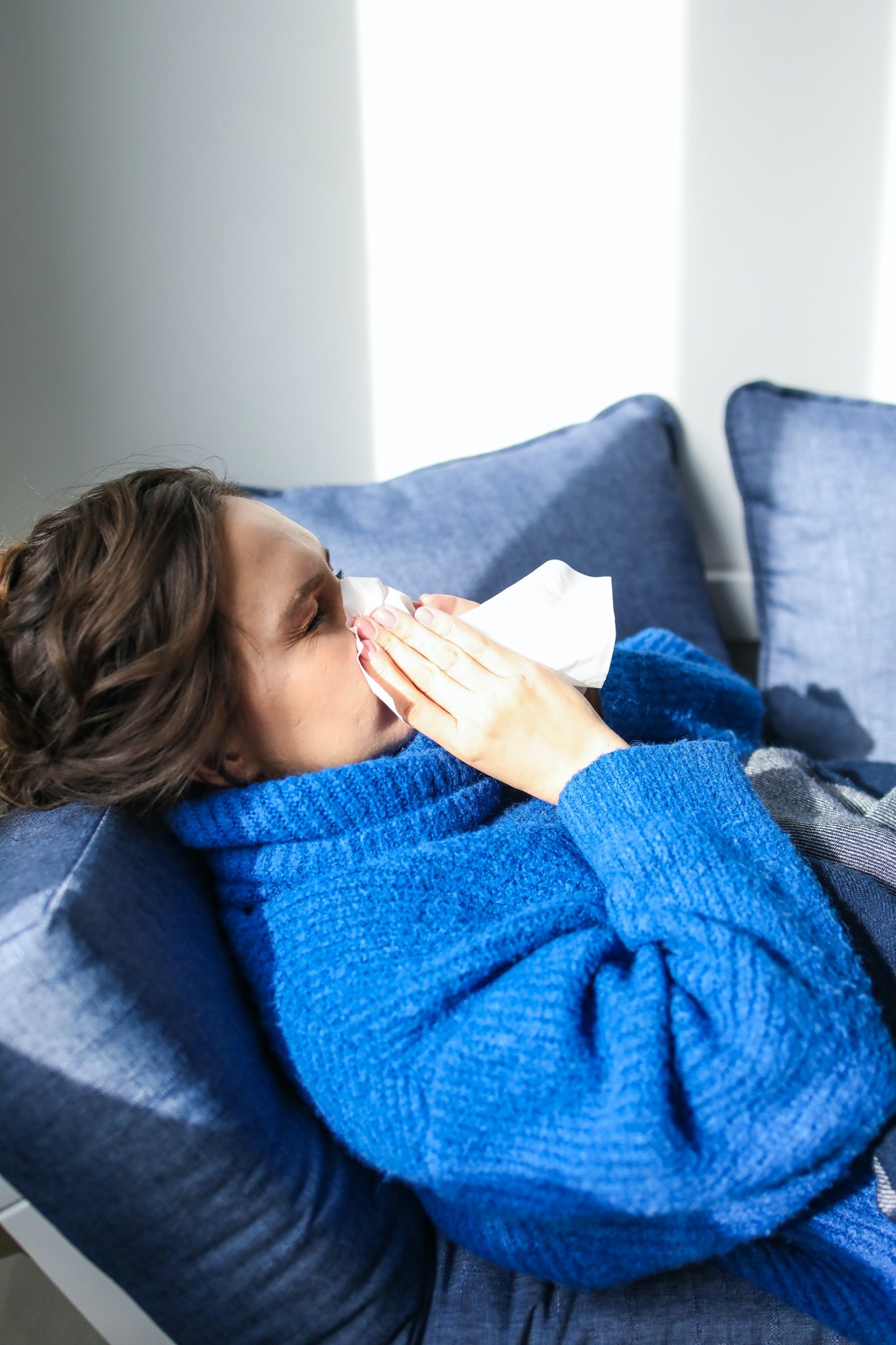The end of winter heralds the arrival of new life as the first signs of spring begin peering through the earth and the sound of birdsong fills the air. For many though, this welcomed time of year also spells the drawing near of allergy season and its accompanying symptoms.
Tips and Remedies for Allergy Season
For some 35 million Americans, this can be a challenging time of year as Mother Nature begins releasing pollen, grasses and spores into the air making a runny nose, itchy eyes and constant sneezing something many people need to contend with.
Hay fever, or allergic rhinitis, occurs when your immune system reacts to an allergen, such as pollen or pet dander as if it were a threat. This causes the inside of your nose to become inflamed and irritated resulting in the overproduction of mucus.
In this article, we will explore some of the over-the-counter (OTC) and natural remedies to manage your seasonal allergies allowing you to effortlessly enjoy this time of the year.
Treatment
According to the Centers for Disease Control (CDC), each year over 50 million Americans have an allergic reaction. The following OTC treatments can help treat mild to moderate symptoms:
Antihistamines
Antihistamines are effective in treating most allergic reactions such as seasonal allergies, insect bites and food allergies. They work by blocking the production of a substance called histamine, which is responsible for causing allergic symptoms, such as sneezing, itchy, watery eyes, a runny nose and skin conditions.
They are available in different forms such as pills, liquid, eye drops and nasal sprays and can be taken in advance of anticipated symptoms as a preventative measure to reduce the effects of an allergic reaction.
Nasal Sprays
Nasal sprays can help in relieving many of the symptoms of seasonal allergies such as sneezing, congestion and a runny nose by reducing inflammation in the nasal passages.
Nasal sprays come in many varieties and the medications they contain target different symptoms so it is important to know which one is right for you based on your symptoms.
Nasal decongestants, for instance, are known as vasoconstrictors as they relieve congestion by constricting the blood vessels in the nasal passages. Phenylephrine and phenylpropanolamine are two common types of nasal decongestants.
Nasal steroids sprays are often another common treatment for allergies. Some popular OTC remedies include triamcinolone acetonide (Nasacort) and fluticasone propionate (Flonase).
Other types of nasal sprays include antihistamine sprays, anticholinergic, and mast cell sprays.
Home Remedies
The following tips and natural remedies can also help in reducing allergy-related symptoms:
Herbal Tea
Herbal teas such as chamomile, rooibos and liquorice tea naturally contain antihistamines offering relief for allergy symptoms.
Peppermint tea can serve as a natural decongestant, whereas holy basil and turmeric are known for their anti-inflammatory benefits.
Air Filters
Installing an indoor air filter such as MERV 13 filters can help to significantly reduce allergens from entering your home environment by filtering out airborne irritants such as pollen, pet dander and dust.
Honey
Not only can it soothe an irritated, scratchy throat by lubricating it, but seasonal allergy symptoms may also be reduced by consuming local honey as it can reduce sensitivity to the local pollen.
Follow the guidance in this article to help you get through allergy season more easily.






Leave a Reply